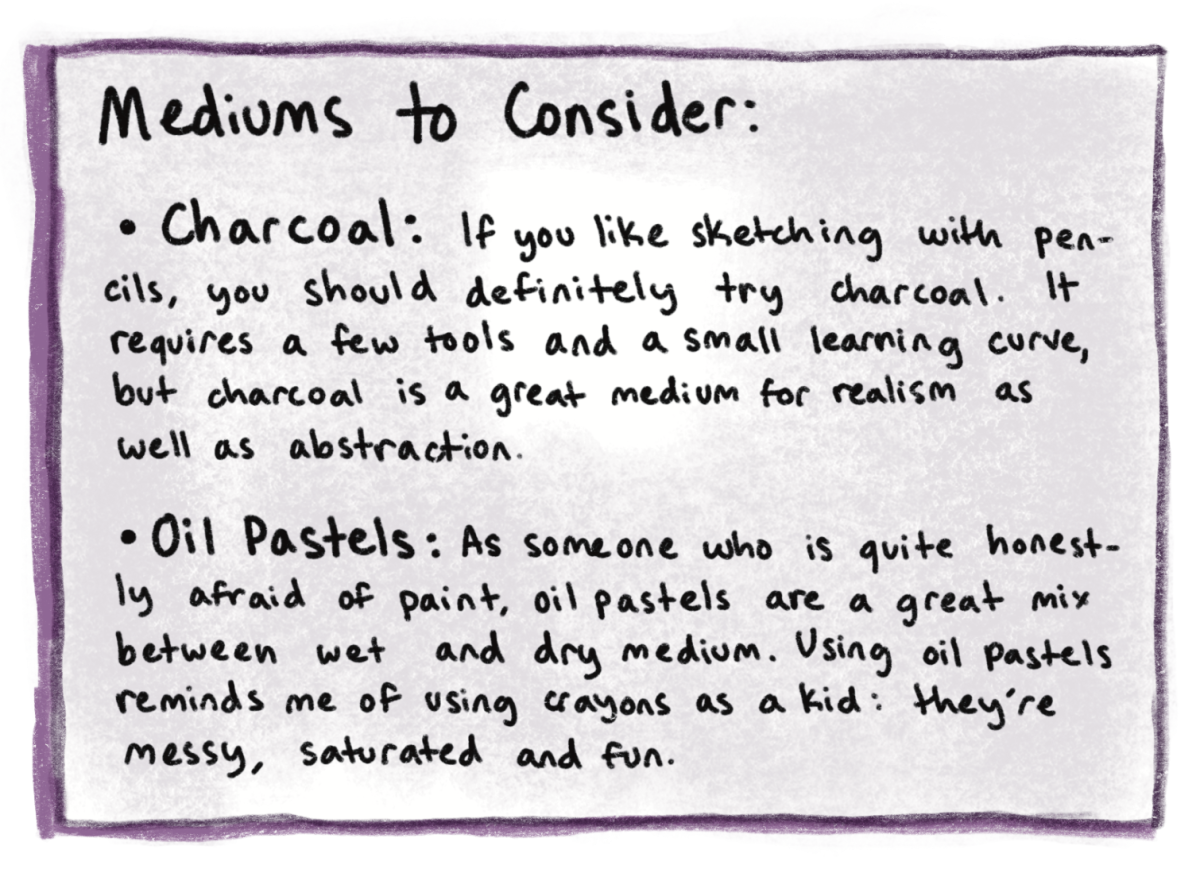Now introducing the newest Facebook wannabe—Google+. Just take everything from Facebook and mix it with just a dash more privacy. Measure out a pinch of creativity and rename everything. And of course, add a few things to make something totally unoriginal into your own super-secret recipe, like the group video chats for up to 10 people and the newsfeed for your interests.
In the middle of June, Google released a new social network, Google+, with the ability to group your friends into circles and create a personalized newsfeed about things going on in the world that interest you as well as updates about your friends. But Google+ advocates can’t wait to point out their pride and joy that Facebook doesn’t have—group video chats called “hangouts” that allow you to video chat with up to 10 people. While Facebook has developed group chat and video chat, it hasn’t been able to take that leap to merge the two.
Put into practice, however, Google+ doesn’t seem so hot anymore. The first hurdle is transferring all of your friends and information and contacts to a new network. Most people are happy with what Facebook provides for them, and it is just too much work to learn a new layout and re-circle all of your friends. Plus, with Google+, not everyone uses it anyway.
Google+’s second hurdle to overcome is Google’s not-so-successful history with social networks. In 2009, Google Wave invites were being sold off of eBay for $70. It didn’t work out too well. Trying to learn from its mistakes, Google made an invite-free social network soon after, one a lot of us are more familiar with: Google Buzz. But this time, the network was too much like spam, sending so much clutter to our emails we were weeding them like gardens. So a lot of people approach Google+ with a sense of skepticism. But hey, maybe third time’s the charm?
All in all, while Google+ has some great features and potential, like group video chat, for now, it just hasn’t been able to kick off yet. Facebook wins this round. The champion is undefeated. Who’s next? #
(This article represents the opinion of the writer.)






